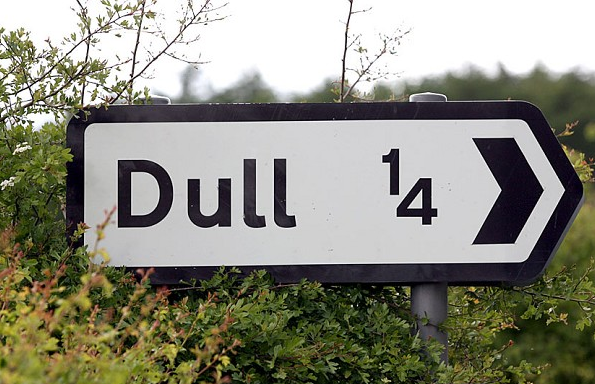
While many employers are not aware of this requirement, some employers ignore the law or off-the-clock work in an attempt to avoid paying employees’ wages. This typically includes all time spent performing off-the-clock work that is integral and indispensable to employees’ jobs.

The federal FLSA and Wisconsin wage laws require employers to pay their employees for all hours worked and time and half their regular rates for hours worked over forty in a workweek. Examples of post-shift work include cleaning work areas, machines, or vehicles staying late to finish performing a task that began before the shift ended post-shift turnover meetings, or putting away tools or materials, or performing re-work to correct issues that occurred during the shift. Post-shift work: When an employee is required to stay beyond the end of their scheduled shift to complete work-related activities, the employer may be required to pay for the work performed past the end of the shift.As technology continues to change how work occurs, work performed at home continues to have the potential to deprive employees of pay they are owed under the FLSA and Wisconsin wage laws. Working from home varies from industry to industry but typically can include reading and responding to emails or answering calls, completing paperwork or other work-related reports, and being on-call for hours that require you to remain at home. When work is performed at home, the time spent doing so may need to be compensated. As working remotely becomes more prevalent, many employers permit their employees to work at home in addition to at the employer’s workplace. Work performed at home: The FLSA and Wisconsin wage laws require employers to pay for all hours worked.This is a common issue for home health care workers who must travel to their patient’s homes throughout the day but may only be paid for the hours actually spent at their patient’s homes.

Wage clocker free#
If an employee does not have at least 30 consecutive minutes free from work or the employee is not allowed to leave the employer’s workplace for a meal period, Wisconsin law requires that the meal period be paid. In particular, Wisconsin law is very protective of employees’ rights to be paid for on-duty meal periods. However, if an employee performs work during a meal period, the employee may have a right to be paid for that meal period.

One of the most common ways that employers violate the FLSA and Wisconsin wage laws is by failing to pay employees for all hours worked. Attorneys Experienced with Off-the-Clock Wage Violations


 0 kommentar(er)
0 kommentar(er)
